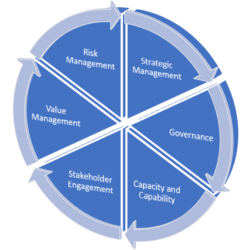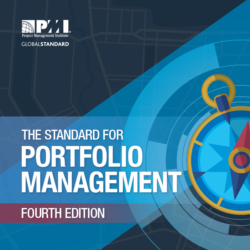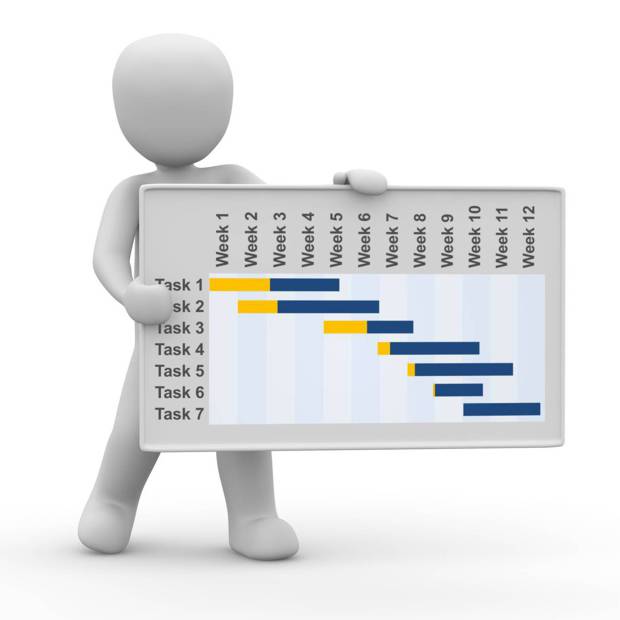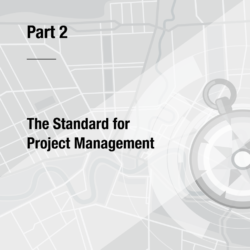Learning the Portfolio Knowledge Areas
The Portfolio Management Knowledge Areas are fields of specialization that are commonly employed when managing portfolios. A Knowledge Area is a set of processes and tools associated with a particular topic in portfolio management. The recommended learning sequence for the Knowledge Areas is based on your PfMP Preliminary Test results and your Knowledge Map. The most Read more about Learning the Portfolio Knowledge Areas[…]







